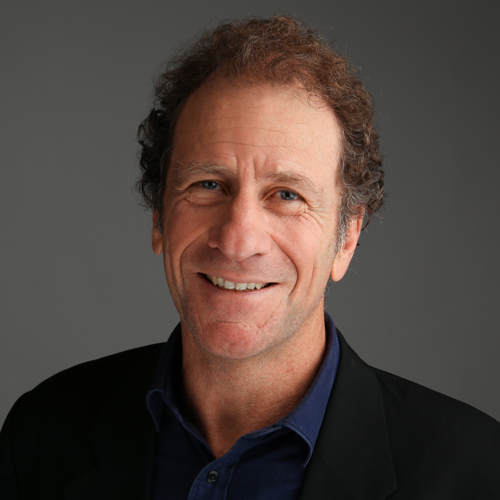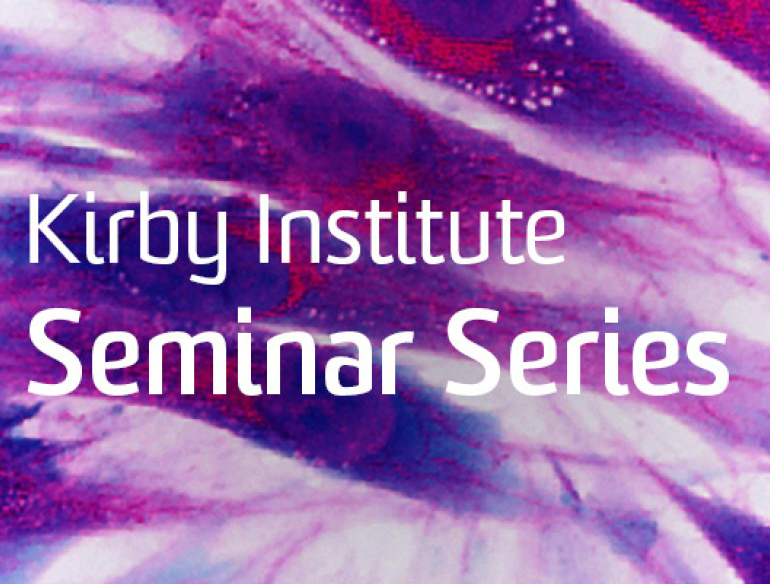Location:
Webinar via Zoom
Please click on the link just before the start of the webinar
Cost
Free
Contact for enquiries
Rata Joseph, +61 (2) 9385 0900 or info@kirby.unsw.edu.au
Kirby Institute Seminar Series presents
 |
Professor John Kaldor John Kaldor is a Scientia Professor and NHMRC Senior Principal Research Fellow at the Kirby Institute, University of New South Wales. For over 35 years, he has led internationally recognised research programs on epidemiology and prevention of infectious diseases with a particular focus on HIV and other bloodborne and sexually transmissible infections including human papillomavirus and more recently neglected tropical diseases. |
Abstract
Over more than 25 years, the Kirby Institute has been involved in multiple research collaborations involving low- and middle-income countries, particularly in the Asia-Pacific region. We have worked with government, academic and community partners on a wide range of topics, across a broad range of research disciplines. In this seminar, we will provide an overview of some of the Kirby Institute’s global health research, and in the context of a rapidly changing research and international environment, we will discuss how we can best contribute to improved health knowledge and outcomes in areas of need.
Professor Kaldor will be joined by Professors Andrew Vallely (Kirby Institute), Willie Pomat (Papua New Guinea Institute of Medical Research), Virginia Wiseman (Kirby Institute and London School of Hygiene and Tropical Medicine) and Gail Matthews (Kirby Institute and St Vincent’s Hospital, Sydney) in the Q&A.
Opinions expressed in the Kirby Institute Seminar Series are solely those of the speaker and do not necessarily represent the views or opinions of the Kirby Institute or UNSW.
